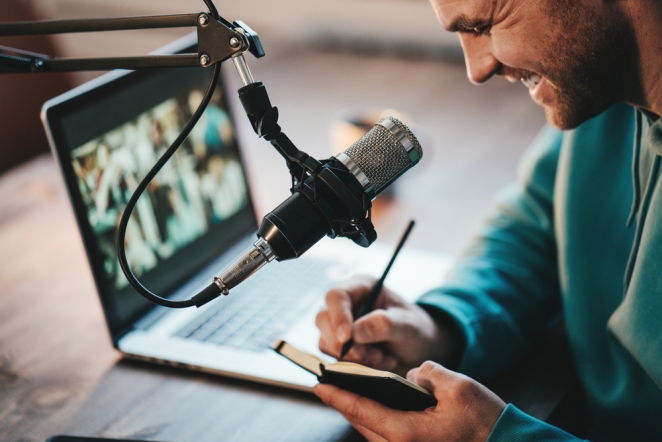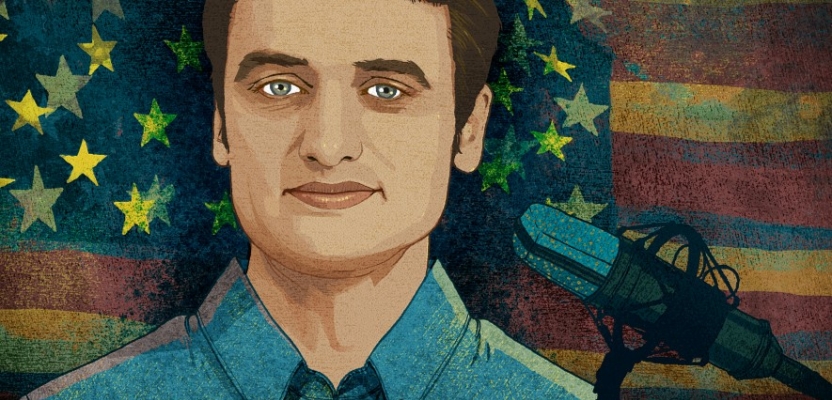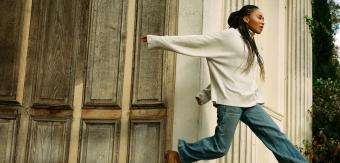In 2004, a Guardian article highlighted a new, innovative medium that stood out through “the intimacy of voice” paired with “interactivity (…) convenience and portability”. The journalist Ben Hammersley was talking about podcasts, and besides some minor technological updates, this description could have been said today.
Audio media has maintained its popularity over the years, despite early fears going back to the early 80s that radio would perish at the hands of video. And while podcasts do descend from radio, the advent and availability of internet access, recording, and producing tools has galvanised the creation of new content, transforming into a new genre unto its own.
This level of personalisation, alongside the ease of portability, was a game-changer for listeners. When it comes to the advertisers who keep the shows running, they were finally able to support the shows that aligned more closely with their user base, rather than targeting based on broad elements such as station-type, region, or time-of-day/week.
The qualities that first made podcasting stand out still hold true. Today, I'll be exploring its history to see what lessons we can learn for today.
A new-found freedom for producers and audiences

Former MTV VJ Adam Curry and software developer Dave Winer have largely been credited for setting the whole process in motion in 2004 by engineering a way to download radio broadcasts from the internet onto an iPod. This is also when Hammersley wrote the Guardian article that started it all, coining the term ‘podcast’ – think iPod meets broadcast – and the first podcast service provider, Libsyn.com, emerged.
This liberated listeners from the confines of time and space, while at the same time, made it easier for audiences to contact creators directly. At the same time, producers were no longer curtailed by programming or broadcast regulations, giving them the freedom to research, talk, and report on whichever topic they chose, providing a breadth of content that savvy internet users sought out. By the end of the year, the term was Googled over 100,000 times.
The tech giants cement podcasting

Despite hitting the ground running, podcasting was yet to truly enter the mainstream, but once Apple engineered its support with the 2005 release of iTunes 4.9, the new audio format went from strength to strength.
In that same year, podcasts conquered the White House as George Bush’s weekly address was made available as a podcast – the first ever President to do so – and the New Oxford American Dictionary recognised the term as “word of the year”. The first DYI podcast guide was published, and the following year, Steve Jobs introduced podcast production to the masses through Apple’s Garageband application.
In 2007, British comedian Ricky Gervais hit the world record for most downloaded podcast (The Ricky Gervais Show) with roughly 250,000 downloads per episode in the first month. A couple of years later (2009-2011), Andrew Corolla’s show stole the record and was downloaded 59,574,843 times in total.
The show that ruled them all

By 2013, listener numbers were increasing steadily, and heavyweight Apple, the main platform to source shows, boasted more than 1 billion podcast subscribers worldwide. But one more pivotal moment was yet to come. Journalist Nicholas Quah identified the 2014 hit show Serial as a turning point, with listenership in America more than doubling in the five years following its publication to 90 million.
This is also when the industry began to generate true advertising revenue – from $314 million in 2017 to $479 million in 2019 – and now, in 2022, is estimated to reach $2 billion, a number set to double by 2024.
Today, roughly 423.2 million listen to podcasts, a number predicted to jump to 504.9 million by 2024. Multiple streaming platforms compete for attention, with Spotify and Apple going head-to-head for becoming the most popular go-to for audio-only audiences. Spotify acquired the major podcast studio Gimlet Media for $340 million, announcing the official ‘boom’ period, with big sponsorships, shows, and celebrities popping up left, right, and centre.
Listening in

Podcasting is a media technology that responded to shifting needs of a mobile population, a society on the lookout for personalised and specialised content. Some things have changed, or indeed, are changing: most recently the genre has shifted more towards video podcasting, leading to a tie between platforms YouTube, Spotify, and Apple. Some things have remained unchanged: since the early days, data has consistently shown that listeners are more attentive to podcasts than other media, and are more receptive to the ads that appear in them.
Essentially, what made podcasts great in the first place has ensured that they have stayed with the public since their inception. The shift towards an audio-video podcast hybrid has not taken away from the original success, and as we can always expect humans to multi-task to some extent, we can predict podcasts will be around for some time longer – but it doesn’t hurt to keep up with changing consumer habits and technological developments nevertheless!
By Michael Marcinik, CEO and Founder, AdTonos






